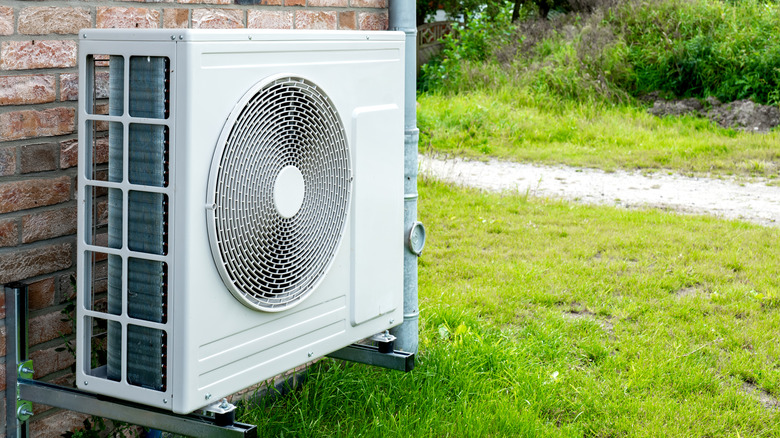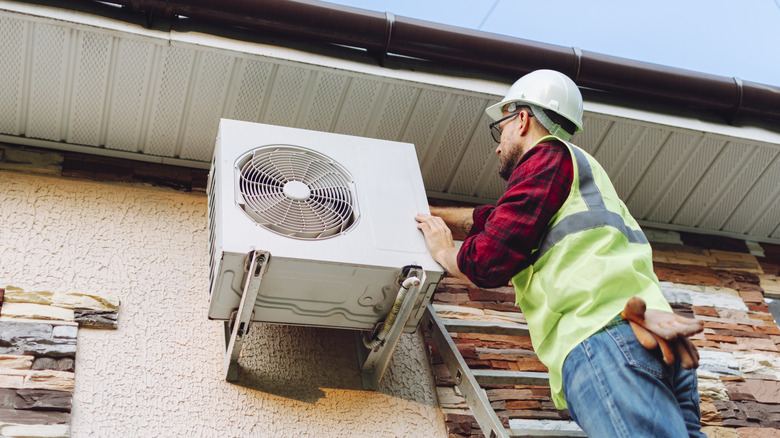Avoid Future Repair Costs By Hiring A Heat Pump Installer Who Knows What They're Doing
Heat pumps are becoming increasingly popular in homes. Their claim to be an energy-efficient alternative to both air conditioning and furnaces is backed by the U.S. Department of Energy. Although there are several options to heat your home, the big advantage of heat pumps is that the same system can provide both warmth in the winter and also deliver cooling in the summer. But the convenience and energy savings can be lost if you make one major mistake: hiring an unqualified installer.
There are different types of heat pumps, and they work quite differently from traditional HVAC. While that can make them a better option in some cases, it can also cause problems. According to industry sources, a lack of proper training has led to an increasing number of cases where under-qualified contractors are taking shortcuts. Why? Because they aren't receiving adequate training on the intricacies of heat pump installation, or they learn those shortcuts from other installers. Incorrect installation can cause a drop in efficiency that results in higher bills. There's also an increased chance of breakdowns leading to future repair costs and the frustration of finding a different technician if you can no longer trust the original installer.
These are the last things you need after spending time researching the top-rated mini-split brands or geothermal options. Fortunately, problems can usually be avoided by hiring a heat pump engineer who knows what they're doing. Checking the contractor's certification, insurance, and bonding are all key steps to choosing the right installer. So let's look at those things in more detail.
The key signs you're hiring a properly qualified heat pump installer
Impressive websites are no guarantee that a company knows what it's doing — you need hard evidence. State HVAC licenses and trade certifications like NATE (North American Technician Excellence) and ACCA (Air Conditioning Contractors of America) are useful, but don't always indicate relevant experience. The Esco Institute provides training specifically for the installation and servicing of heat pumps. Anyone with that certification has proven skills. Additionally, the U.S. Department of Energy has collaborated with Google to create a website label that recognizes qualified technicians. Heat pump manufacturer websites may also list recommended installers. The International Ground Source Heat Pump Association (IGSHPA) has a register of qualified members if you choose that type of system. Finally, and very importantly, heat pump engineers must have EPA 608 certification, as this is a legal requirement to handle the refrigerants used inside heat pumps.
When vetting potential technicians, getting references from past clients is a good idea. Installers should also be comfortable answering your questions. You'll also want to check for insurance against damage caused during installation and bonding in case the contractor can't complete the work. Reputable heat pump installers should be happy to provide this information, and if they make excuses, it's a definite red flag.
It's common for people to wonder if switching to a heat pump is worth the cost, and it's sensible to get several quotes to compare costs. Thoroughly checking each contractor's qualifications at the same time should ensure you hire a heat pump installer who knows what they're doing, so you avoid future repair costs.

